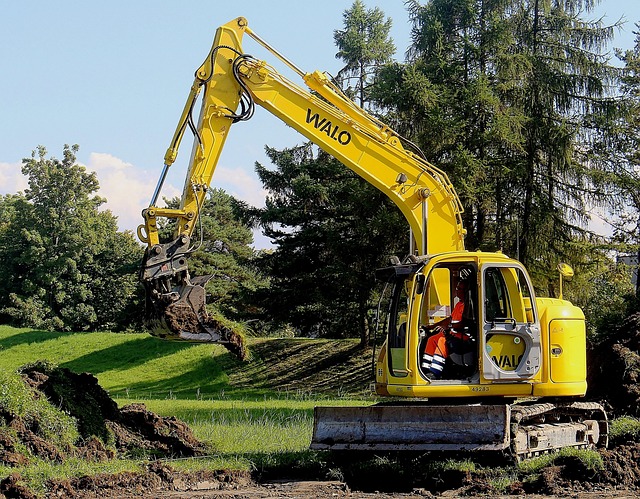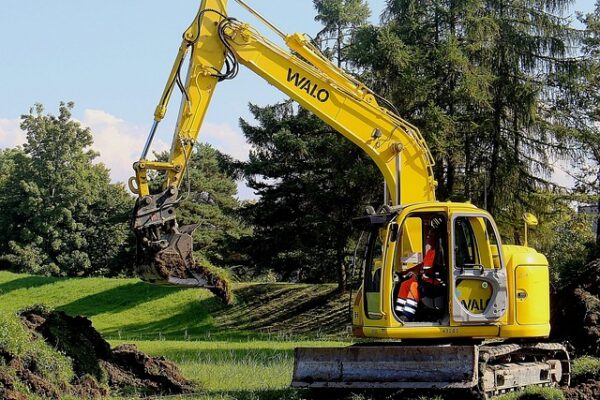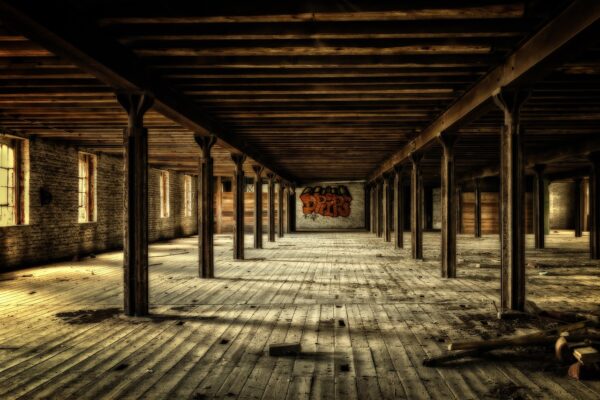House demolishers play a crucial role in safely and efficiently tearing down structures. For anyone considering demolition, understanding what house demolishers do and how to choose the right team is essential. The cost to demolish a house typically ranges from $6,000 to $25,000, depending on factors like size, location, and materials involved.
Selecting a qualified demolisher involves more than just price. Expertise in handling permits, hazardous materials, and waste disposal ensures the project meets legal and safety standards. This article offers practical insights into choosing the best demolition professionals and what to expect during the process.
Knowing these basics can help homeowners make informed decisions about demolition versus renovation. With clear, expert guidance, readers will better navigate the complexities of tearing down a house safely and cost-effectively.
What House Demolishers Do
House demolishers manage the entire process of taking down structures safely and efficiently. Their work includes various demolition methods, specialized equipment usage, and thorough project planning to meet safety and regulatory requirements.
Types of Demolition Services
House demolishers offer a range of services from partial interior demolition to complete home tear-downs. Interior demolition might include gutting a kitchen or bathroom, removing walls, or clearing out debris.
Complete demolition involves dismantling the entire building, including foundations and exterior structures. Some demolishers also handle hazardous material removal like asbestos following strict guidelines.
Each project varies in scale and complexity, so demolishers often customize their approach based on the property type and client needs.
Key Equipment Used
Demolition specialists use heavy machinery such as excavators with hydraulic breakers, bulldozers, and cranes to demolish structures. Smaller jobs might require hand tools like sledgehammers and saws.
They rely on trucks and dumpsters to remove debris and haul it away safely. For hazardous materials, they use containment systems to prevent contamination.
The equipment choice depends on the project size, type of materials, and safety requirements. Proper use of tools is critical to avoid damage to surrounding areas and ensure efficiency.
Project Planning and Assessment
Before demolition begins, demolishers conduct a detailed assessment to identify structural risks, hazardous materials, and regulatory requirements. They develop a demolition plan that includes timelines, safety precautions, and disposal methods.
Permits are secured to comply with local laws. Demolishers coordinate with utility companies to disconnect power, water, and gas.
Planning ensures the project stays on schedule and within budget while prioritizing worker and public safety. This step also minimizes unexpected costs or delays.
Choosing Professional House Demolishers
Selecting a demolition team requires close attention to specific credentials, safety protocols, and clear pricing structures. These details ensure the project runs smoothly without unexpected risks or costs.
Licensing and Certification
A reputable house demolisher must hold valid licenses according to local regulations. This confirms they meet legal requirements to perform demolition work in the area.
Certification often includes specialized training in demolition techniques and hazardous material handling. It is important to verify these credentials before hiring.
Licensing and certification protect homeowners by ensuring the contractor is accountable and follows industry standards. Without this, projects may face delays or legal issues.
Safety and Compliance Standards
Proper safety measures are essential in all demolition projects to protect workers and the surrounding community. Professional demolishers implement protocols such as site fencing, dust control, and debris removal.
Compliance with environmental and health regulations is also critical. This includes monitoring for asbestos, lead paint, or other hazardous materials before and during demolition.
Companies should have a documented safety plan and proof of insurance covering accidents or property damage. These measures reduce liability and hazards during the operation.
Cost Factors and Estimates
Demolition costs vary based on project size, location, and material disposal requirements. A professional demolisher provides a detailed, written estimate outlining labor, equipment, permits, and waste management fees.
Transparent pricing prevents unexpected expenses. Clients should request multiple quotes and compare what is included to make an informed decision.
Additional factors affecting cost include the presence of hazardous materials, site accessibility, and local disposal regulations. Clear communication about these elements helps avoid budget overruns.








